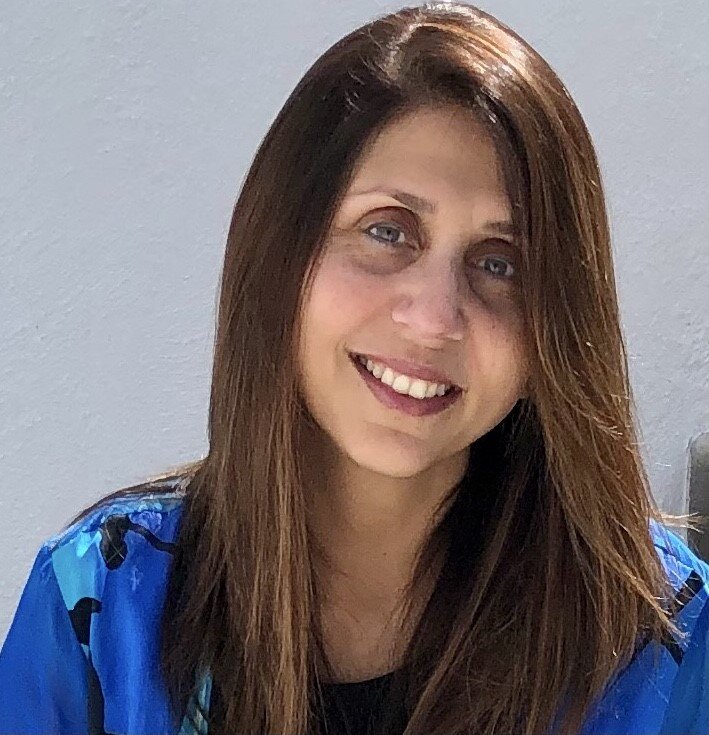
Going forward the ACE blog will periodically include articles and posts related to our ongoing initiative to promote diversity and inclusive practices for the entire ACE community. Our first post is by Dr. Fawzia Reza, chair of ACE’s Diversity and Inclusion Committee, and discusses the significance of Ramadan for both educators and students.
As a child – Muslim-born and raised in Pakistan – I observed Ramadan by fasting from sunrise to sunset. I couldn’t chew gum, drink water, or do myriad other things, but I’d always look forward to Eid ul-Fitr, the concluding festival marked by the sighting of the moon. We would pray, eat, and spend time with friends and family as part of that celebration.
Of course, there’s much more to Ramadan than what I knew as a child. But much of its deeper significance can be lost on the young, as well as those who aren’t Muslim and for whom Ramadan was never a part of their cultural fabric.
As an educator in a school full of individuals with different backgrounds, ethnicity, and faiths, you may need to accommodate students observing Ramadan but more than that, you can use the opportunity to help others in your school community understand this cultural practice that’s important for 1.8 billion people worldwide and 3.45 million people in the United States. This is especially true if you yourself participate in Ramadan, as it gives you a chance to share something personally important with your classroom family. Ultimately, it’s a valuable opportunity to expand your students’ worldviews as you help them grow into informed citizens of the world.
While you can approach the subject of Ramadan by starting with the associated rules and events, it’ll be more meaningful to go below the surface with a discussion you can frame through questions I’ve asked myself now that I’m observing Ramadan as an adult:
- Why do Muslims fast? The short answer to this is to build empathy for others. In a world where 10 percent of the population lives on less than $2 per day, not everyone has access to food or clean water. How can we understand their hunger unless we ourselves experience it? By going without, we develop empathy for those less fortunate than us and learn to be more appreciative of the gifts that surround us. It’s a reminder that everyone, Muslim or not, would do well to receive periodically throughout their lives.
- Why are Muslims encouraged to give more to charity during this time? Giving back and taking care of the needy is highlighted during Ramadan. This is well aligned with the concept of Zakat, one of the five pillars of Islam, which requires followers to give a percentage of their annual income to charity. But Ramadan also goes beyond just encouraging monetary donations. Muslims are also supposed to try suppressing negative emotions and toxic behaviors – things like jealousy and gossip – during this month. This facet of Ramadan is very relatable, and could even be a challenge you issue to your students: How will your life improve if you cut out unproductive social impulses for a month?
- How does Ramadan compare with other religious practices or cultural beliefs? This year, I was struck by the similarities between Ramadan and Lent. During both, followers are required to abstain from something, as well as reflect, seek forgiveness from God and others, and give to the poor. The core doctrines of both religions are the same, which makes sense given their shared Abrahamic roots. The fact that there’s such a strong intersection between two different religions is valuable to point out to students, as it showcases how much similarity lies between seemingly separate belief systems. This can be a springboard to having your students find the overlaps that exist within more of the world’s cultures.
Learning about religions and cultures outside of our own will allow us to develop greater tolerance and respect for one another. As educators, we can start this exploration early within our students so that enter society without ignorance or prejudice, and with empathy and openness.
Be an educator who bridges the gap between cultures in a sensitive and responsible way. Explore American College of Education’s M.Ed. in Teaching English Learners and Certificate in Teaching English Learners.

